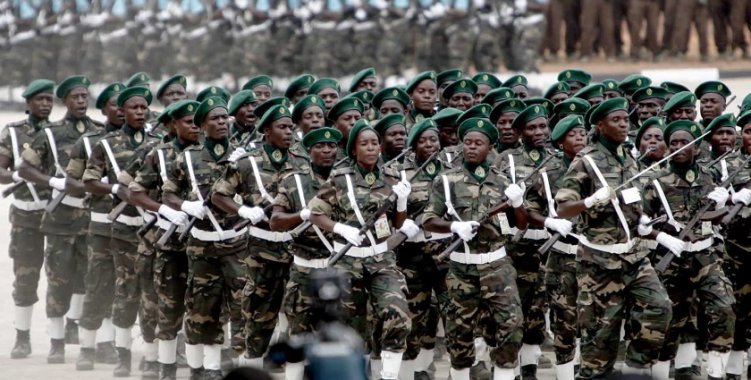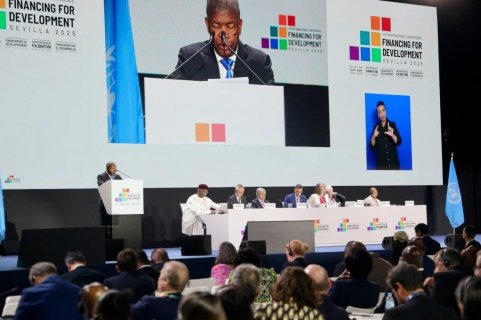"Both Angola and Brazil belong to important multilateral cooperation bodies in the South Atlantic, namely ZOPACAS, which is the Zone of Peace and Cooperation in the South Atlantic, and CPLP, which is the Community of Portuguese-Speaking Countries. Although CPLP was not created with the intention of working on defense issues, over the years, due to demand from the countries themselves, it ended up reshaping this role", Nathaly Schutz explained to Lusa during the conference "South Atlantic and security challenges in the 21st century", held this Tuesday at the Autonomous University of Lisbon.
According to the specialist from the Observatory of Foreign Relations of the Autonomous University of Lisbon (OBSERVARE), Brazil is almost naturally the leader in the South Atlantic, with regard to the American continent, "even though Argentina is an important state, with a relevant Navy".
For Schutz, if Brazil "could elect a leader on the African side for cooperation, it would be Angola, due to its strategic positioning, despite the lack of investment in the Navy".
During the panel "Cooperation between Africa and Brazil in the South Atlantic", Schutz stressed that, in Angola, the Navy represents only one percent of the Armed Forces and that it is among the nations that have most reduced defense spending, particularly since 2022, and that the sector has not been modernized since 2000.
Another characteristic of Angola, and of African countries in general, is the existence of a "historical preponderance of land forces, due to all the internal conflicts", she added.
According to the researcher, the Angolan State "recognizes that it has weaknesses in maritime policy, but is trying to reduce this problem and has diversified its suppliers".
As she explained, Angola previously received supplies from the USSR (Union of Soviet Socialist Republics) and later from Russia. Recently, the base for supplying weapons has been China, Turkey and the United Arab Emirates.
However, Angola suffers "greatly from fluctuations in the international oil price market, which are reflected in its economy and, consequently, also hinder its defence capabilities".
"In Angola, spending [on the army] varies greatly due to oil prices and GDP [Gross Domestic Product]", she explained.
According to researcher Kamilla Rizzi, from the Federal University of Pampa and the Federal University of Santa Maria, Brazil "has an important position on the east coast of South America" and has been cooperating bilaterally "with its African neighbours on the west coast".
"Joint military exercises are examples of the maintenance of this cooperation, as well as training and training on both sides of the South Atlantic", she explained.
"I understand that ZOPACAS – which was created in 1986 within the scope of the United Nations – is a tool that legitimizes the deepening of this cooperation, which, in my understanding, is necessary for Brazil's defense policy, for South America, but also for the South Atlantic", stressed the specialist.
In Schutz's opinion, both countries lack "instruments", namely for their role of surveillance in the Atlantic against trafficking.
As a solution, the researcher reiterated that the strengthening of multilateral cooperation, which has been done, could be a response, so that "the presence of these countries in the international system can be leveraged".
The South Atlantic stretches from Senegal, a neighboring nation of Guinea-Bissau, to South Africa, on the African continent, and in the American continent it encompasses Argentina, Uruguay and Brazil, with Antarctica also being part of the geographical concept, explained Schutz.







